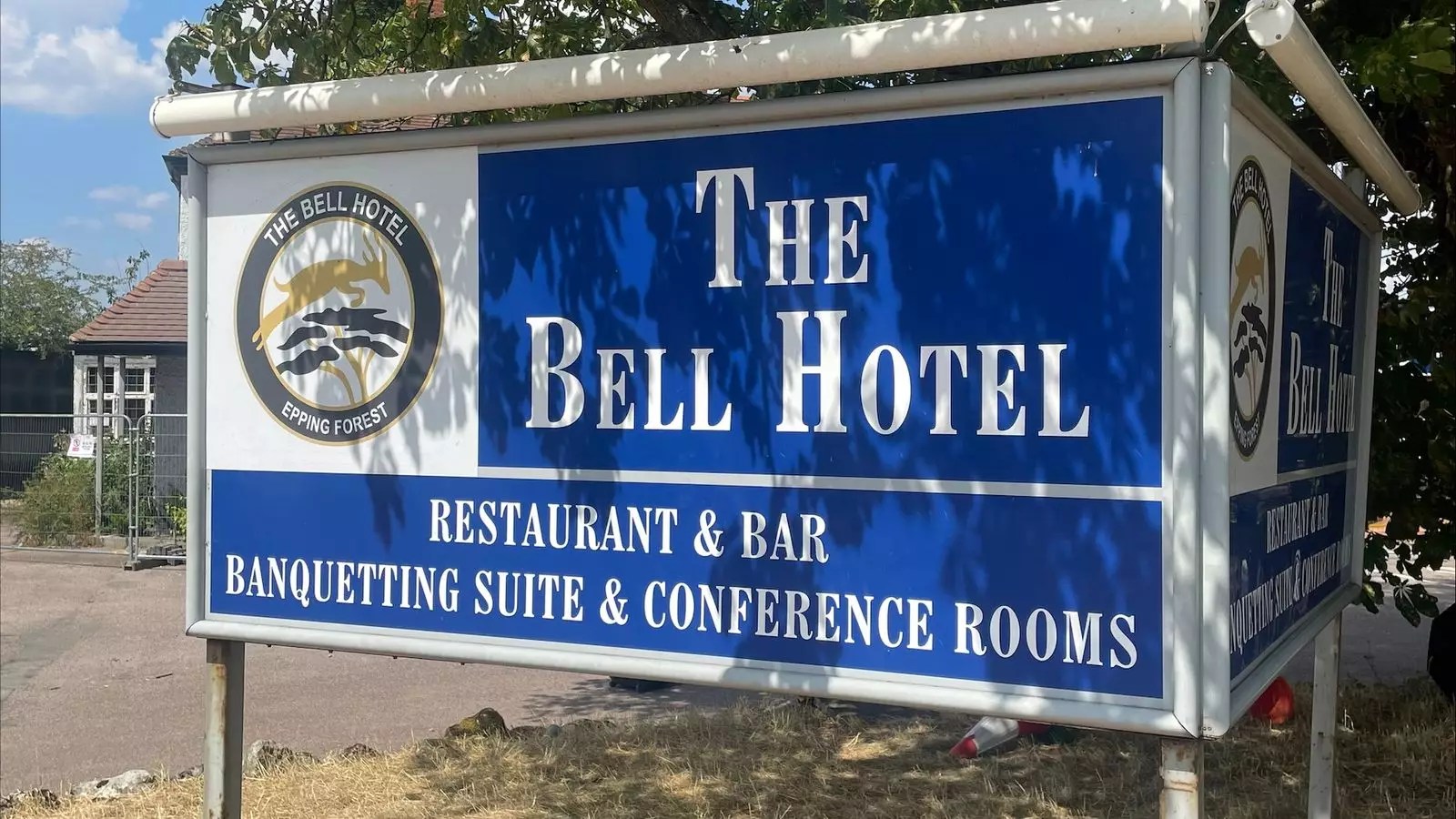In recent debates over asylum accommodations, the focus often centers on compassion and humanitarian duty. However, a closer look reveals that some policies, particularly the practice of housing asylum seekers in hotels, are eroding community cohesion and exposing local residents to unintended strains. The decision to temporarily block the influx of asylum seekers into The Bell Hotel in Essex exemplifies this tension. While the moral imperative to assist vulnerable populations is undeniable, treating hotels—primarily designed for leisure and commerce—as transient refugee shelters undermines social stability. It physiologically shifts the community from a place of stability to one of uncertainty, often without adequate planning or regard for the existing residents’ wellbeing.
The Flawed Logic of Hotel-Based Asylum Housing
The use of hotels as de facto refugee centers reveals an underlying flaw: it’s an emotive answer to an urgent problem, but one that sidesteps sustainable solutions. The hotel owner, Somani Hotels Limited, claims that their property is being used in ways inconsistent with safety regulations and planning laws. While there may be some merit in questioning the long-term planning, the larger issue is that resorting to hotel rooms as temporary detention centers creates chaos rather than clarity. It’s an approach driven by expediency, not efficiency, as evidenced by the fact that hotels, open to paying customers, are being transformed into makeshift shelters without careful regulation or community oversight.
This approach risks normalizing a form of governance that favors quick fixes over durable policy, fostering resentment and mistrust among local residents. When communities are subjected to sudden demographic shifts—often with little consultation—the social fabric strains. The fear, justified or not, that the hotel might become a magnet for more asylum seekers or that its use bypasses planning permissions only exacerbates animosity. This political gamble reduces complex immigration challenges to a simplistic binary of welcoming versus resisting, ignoring the nuanced reality that successful integration requires advance planning, community involvement, and sustainable solutions.
Economic and Ethical Costs of Short-sighted Practices
Beyond the social destabilization, there are significant economic implications. Hotels rely on consistent occupancy; when their primary function is compromised, their viability diminishes. The hotel owner, at risk of losing their business, claims that housing asylum seekers is a necessary but financially challenging lifeline. However, this reliance on hotel contracts creates a perverse incentive structure—where economic survival is directly linked to the capacity to host refugees temporarily, which raises ethical questions about commodification of vulnerable populations.
At the ethical core, the decision to house asylum seekers in hotels raises serious concerns about dignity and the welfare of these individuals. Hotels are not designed as safe, stable residential environments for vulnerable populations needing proper support services. Using hotels as interim housing can inadvertently deny asylum seekers access to integrated community services, education, and healthcare infrastructure tailored to their needs. Moreover, it fosters an environment where their presence is viewed more as a problem to be managed rather than as individuals deserving respect and sustainable integration.
The Political Mirage of ‘Control’ and Local Resistance
The actions taken by local councils, like the Epping Forest District Council, reflect a broader desire for control amid chaos. Their successful bid for a temporary injunction signifies a rejection of rapid, poorly regulated housing solutions. Yet, this is only a first step in a persistent cycle; the underlying issues of immigration policy, resource allocation, and community engagement remain unaddressed.
Local residents’ protests, fueled by fears of crime and community breakdown, are sometimes driven by misinformation or amplified anxiety. High-profile incidents, such as allegations involving asylum seekers, are used to justify resistance rather than as catalysts for comprehensive, humane solutions. The solution demands a shift away from reactionary bans and towards transparent, collaborative planning that respects both community integrity and human dignity.
Furthermore, the political rhetoric surrounding asylum housing often swings between compassion and suspicion, leaving communities disillusioned and policymakers divided. Temporary injunctions and legal battles serve as symbolic battles for control—over who is allowed into the community and under what conditions—rather than meaningful strategies that address root causes. As long as political will remains superficial, relying on quick legal wins, the cycle of chaos and resistance will persist, leaving communities to grapple with the fallout—often at immense human and social cost.

